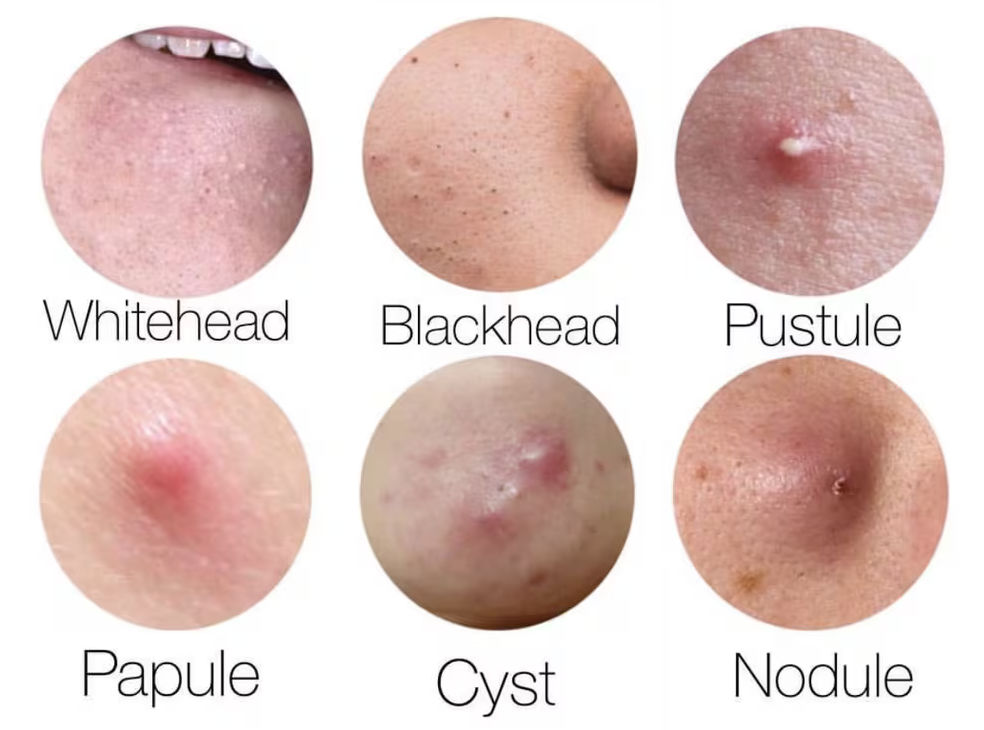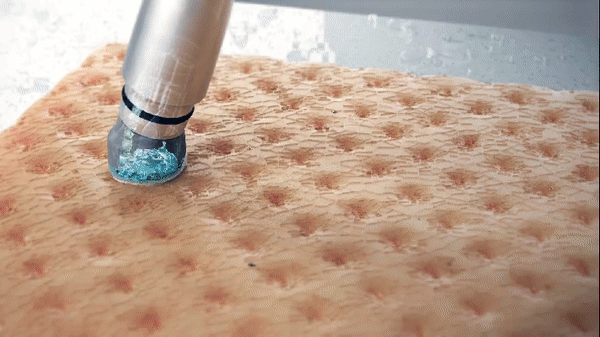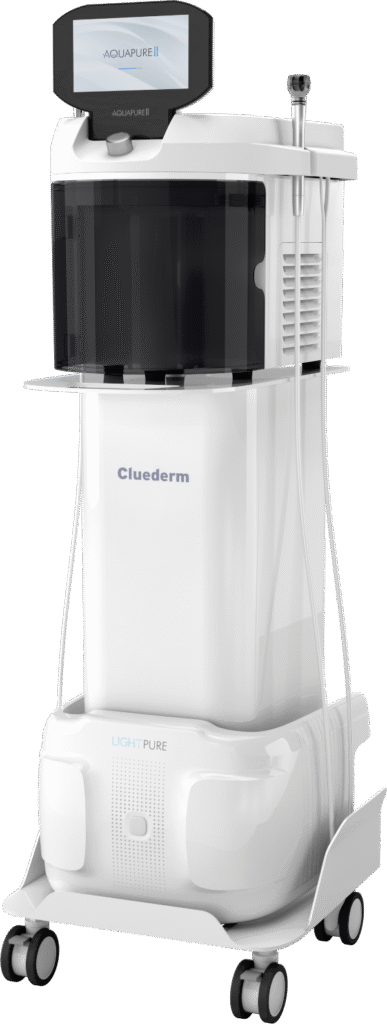Pimples are a common skin condition caused by clogged or inflamed oil glands or an increased presence of pimple-causing bacteria on your skin. They’re a symptom of acne, and there are many different types, including blackheads, whiteheads, cysts and others.

- Whiteheads; small white dots on the skin with closed clogged pores
- Blackheads; small black/brown dots on the skin, with open clogged pores
- Papules; tiny red tender bumps with no white or yellow centre
- Pimples/pustule; papules with pus at their tips
- Nodules; large (over 5mm wide), painful lumps not filled with pus
- Cysts; large (over 5mm wide), painful lesions filled with liquid or pus
Squeezing pimples and other acne blemishes may seem so simple that anyone can do it, but there is an art to doing it right. You need proper technique to avoid:
- Permanent acne scars
- More noticeable acne
- More painful acne
- An infection
These unwanted side effects are likely when you pop pimples at home. If you push some of the contents inside the pimple deeper into the skin, which often happens, you increase inflammation. This can lead to more-noticeable acne. Some people develop acne scars and pain.
When you pop pimples yourself, you also run the risk of getting an infection from the bacteria on your hands.
We know how to remove acne safely
We use a few different techniques to physically get rid of acne. One is called acne extraction, which involves using sterile instruments to get rid of blackheads and whiteheads.
To remove a large pimple or painful acne cyst or nodule, we may also use a procedure called incision and drainage. It involves using a sterile needle to open the blemish and then removing what’s inside.
Because we use proper technique, this procedure can help drain a pimple, cyst, or nodule.
Prescribed Antibiotics and Topical
Before pimple popping and cyst removal. It is recommended that you see a Doctor to get the antibiotics and topical to prevent further infection. As acne is largely caused by bacteria, oral antibiotics can be taken as an acne treatment. This is typically prescribed by the doctor to treat moderate severity of acne.
Topical acne medications may also be prescribed as they are applied directly to the skin to treat acne. These medications typically come in the form of creams, gels, lotions, or solutions and may contain active ingredients such as benzoyl peroxide, salicylic acid, retinoids (like tretinoin, adapalene, or trifarotene), or antibiotics. They work by targeting different aspects of acne, such as reducing inflammation, unclogging pores, or inhibiting the growth of acne-causing bacteria.
Prevention And Management Of Acne
As the saying goes, prevention is better than cure. We recommend you to use our Aquapure II deep cleansing service every 2 to 4 weeks as a effective prevention measure. The technology exfoliates dead skin cells and deep cleans the pores using vacuum, moisturising agents and nutrients. The machine has strong suction power to ensure absorption of dead skin cells and pore clearance.


Here are also some tips that you can follow to reduce acne outbreaks:
- DO NOT squeeze or pop your own pimples as this can cause scarring or even cause even more acne outbreak
- Wash your face twice a day with warm water and a mild soap made for acne
- Practice good hygiene habits such as washing hands frequently and avoid touching your face
- Avoid oil-based makeup
- Avoid excessive sun exposure as this can stimulate your skin to produce more oil, thereby increasing your risk of acne formation
- De-stress every so often

